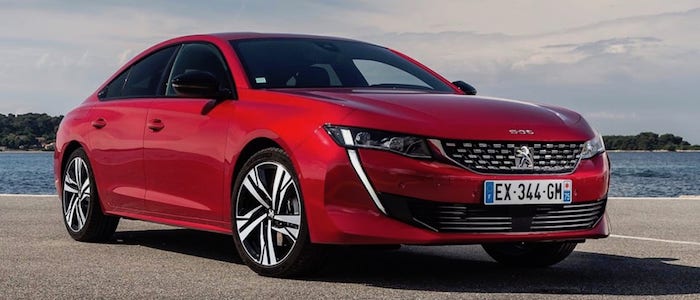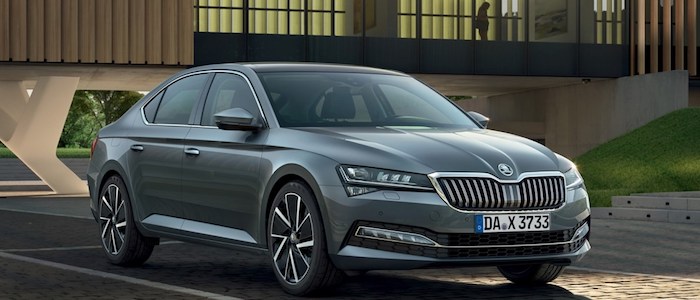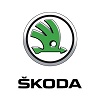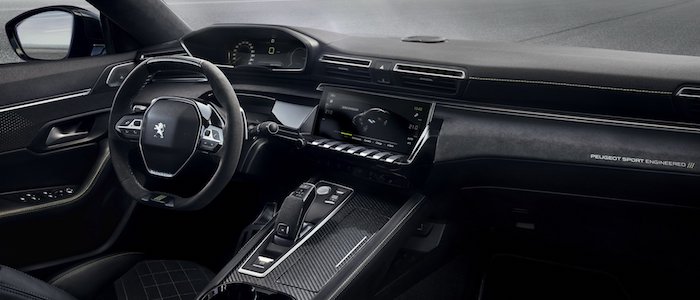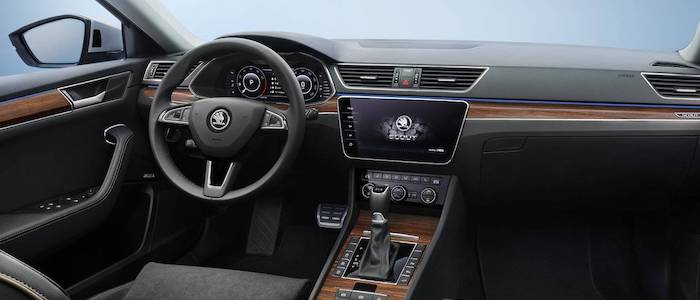Compare two cars
Compare any two cars and get our Virtual Adviser™ opinion
Dimensons & Outlines
Check vehicle history
Engine
1.6 Prince EP6CDTX HHP
Performance (manual gearbox)
Performance (automatic gearbox)
Expenses
Virtual Adviser's™ opinion
We are here considering two somewhat similar cars, but we can't deny some of the obvious differences. For a start, they are not even classified under the same segment, with the Peugeot being a large family car and the Škoda representing luxury car vehicle class. The first one has a Peugeot-engineered powertrain under the hood, a 4-cylinder, 16-valves 225hp unit, while the other one gets its power and torque from a 4-cylinder, 16-valves 150hp engine designed by Volkswagen.
SafetyBoth vehicles got tested by European New Car Assessment Programme (Euro NCAP), with the same number of safety stars gained in the process. Moving further on, let's take a closer look at some additional safety-related facts. The second vehicle is a luxury car and that gives it a marginal advantage over the large family car competitor, at least that's what statistics show. On the other hand, if we'd like to consider vehicle mass in this context too, which we definitely should, the French car offers a marginal difference of 3% more metal.
ReliabilityReliability is not the best thing to consider on the make level, but it is worth mentioning that both brands display similar results in faults and breakdowns, all the models observed together. These are the results of an independent reasearch, while our visitors describe reliability of Peugeot with an average rating of 4.3, and models under the Škoda badge with 4.4 out of 5. Unfortunatelly, I don't have enough insight that would allow me to comment in more details on the specific models level. That apart, owners of different cars powered by the same engine as the French car rank it on average as 3.0, while the one under the competitor's bonnet gets 4.8 out of 5.
Performance & Fuel economyPeugeot is undoubtly more agile, reaching 100km/h in 2.1 seconds less than its competitor. In addition to that it accelerates all the way to 250 kilometers per hour, 30km/h more than the other car. When it comes to fuel economy things look pretty much the same for both cars, averaging around 5.4 liters of fuel per 100 kilometers (52 mpg), in combined cycle.
Verdict
Škoda appears just a bit more reliable, although the difference is truly marginal. The most important thing when deciding between any two vehicles should always be safety, both passive and active. In this case though, it seems that both cars show similar levels of passenger protection all together, so that won't break a tie. But one thing that actually could is the performance, with Peugeot outracing its opponent in any situation possible, making it better choice for boy racers. It does come at a cost though, and that's the fuel consumption... No mistake, whatever you decide here, but I'd still go for the Peugeot. In any case that's my personal view, built upon all the data available to me. What should decide here though is the way you feel about the two vehicles, and I hope you'll find my guidelines useful in the process. Also, you could use the oportunity to find out which car, everything taken into account, would be the perfect choice for you in the eyes of the virtual adviser™, out of 12.000+ vehicles we currently have in our database.























